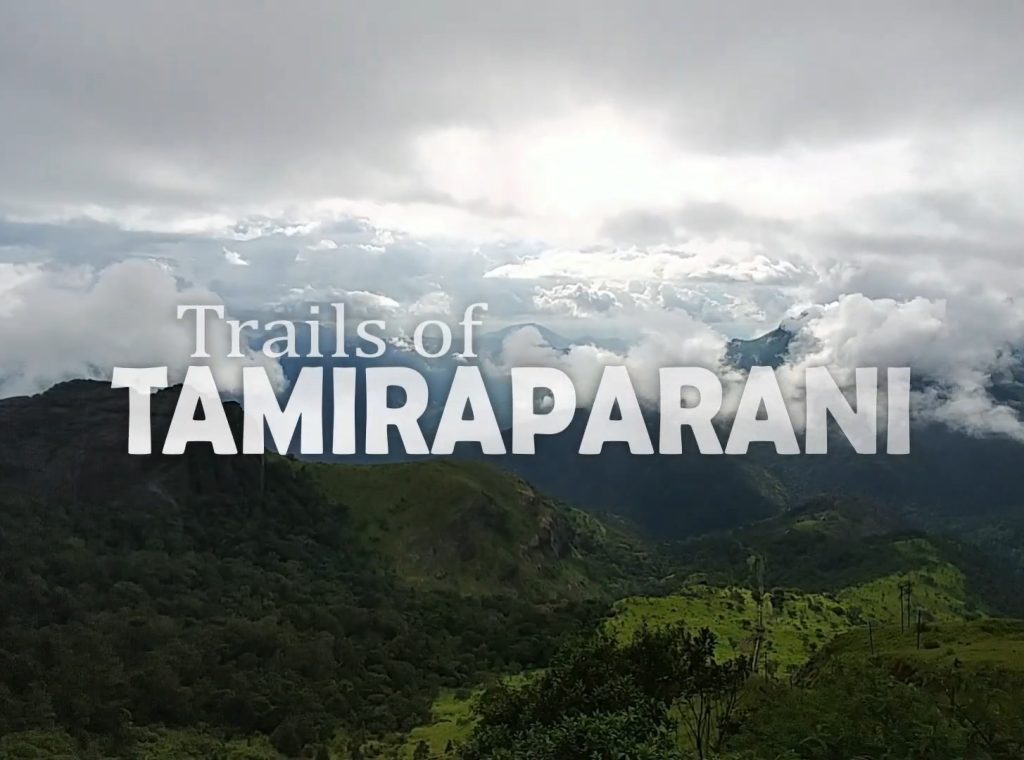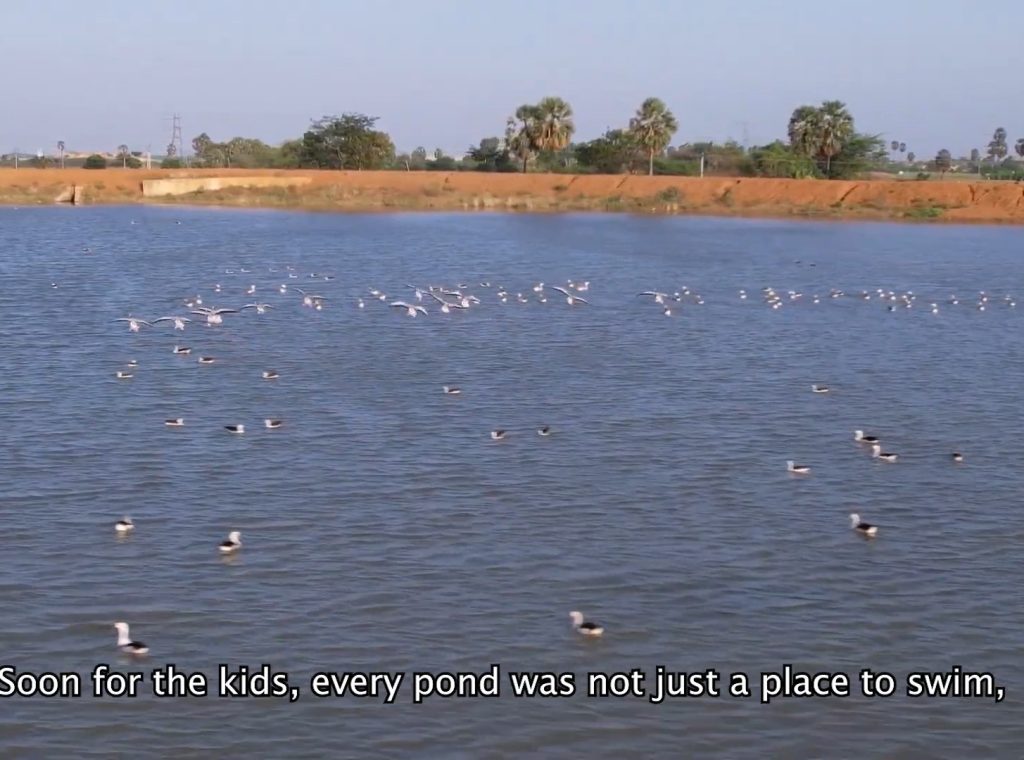The Agasthyamalai Community Conservation Centre (ACCC) is dedicated to the biologically unique and culturally diverse Agasthyamalai landscape in southern Tamil Nadu. Its mission is to understand how ecosystems change due to both natural and human activities and to develop ways for managing and protecting biodiversity.
The ACCC integrates existing knowledge, collaborates with state authorities and conducts research to bolster its conservation efforts. Located in Manimuthar, Tirunelveli district, the centre features eco-friendly research facilities, including a workstation, a well-equipped field lab and accommodations for visiting researchers and guests.
The ACCC has been monitoring moths, bats in old temples and waterbirds of the Tamiraparani River. Ecological research and biodiversity cataloguing in Kalakad-Mudanthurai Tiger Reserve have resulted in the discovery of several new species of plants, frogs and moths. Ongoing monitoring of migratory harriers over the years is helping to better understand their ecology in India.
A signature programme of ACCC is its ongoing long-term monitoring of vegetation, tree phenology and pollinators. By analysing the phenological patterns of monitored trees over several years and their responses to climate variables, we can better understand the impacts on biodiversity and forest structure in the context of climate change. The programme, spanning over 30 years, represents one of the few sources of long-term data available for any wet evergreen forests in the country.
The ACCC works towards the restoration of wetlands, grasslands, temple gardens and rivers by engaging with local stakeholders. It offers technical expertise and hands-on support for implementation activities. Some of the efforts include a Detailed Project Report for selected sites along the Tamiraparani River, the restoration of approx. 100 acres of wetlands for irrigation, revitalisation of 20 acres of temple gardens and ongoing restoration of semi-arid grasslands.
This programme stands as a cornerstone of ACCC’s initiatives. It works closely with district administration, local bodies, teachers, students and other stakeholders to create awareness and encourage citizen participation in restoration activities. It connects with diverse stakeholders through short-term residential courses, outdoor immersions and resource sharing. Citizen Science initiatives introduced by ACCC since 2011 include Moth Watch, Harrier Watch, Tamiraparani waterbird count and Tamiraparani fish count.
The ACCC connects regularly with the community through programmes like walks and citizen science initiatives. The eco-heritage trail enables the locals to explore biodiversity hotspots in their vicinity, while therapy walks instill confidence in their natural surroundings. Citizen Science initiatives by ACCC over the years include Moth Watch, Harrier Watch, Tamiraparani waterbird count and Tamiraparani fish count.
The ACCC aims to improve climate literacy among pastoralists, farmers, fisherfolk, district administration and other stakeholders to address the mounting challenges posed by climate extremes. Some of the efforts include integrating traditional knowledge with scientific research to create adaptive strategies for pastoralists and farmers during floods and equipping the younger generation with understanding and skills to mitigate climate change impacts.




